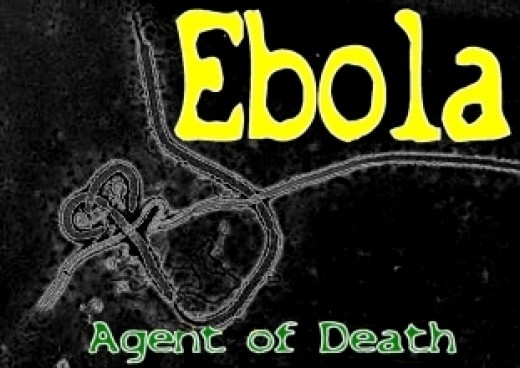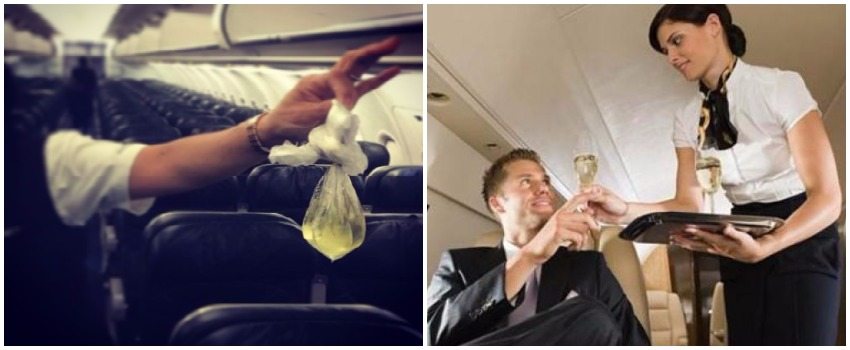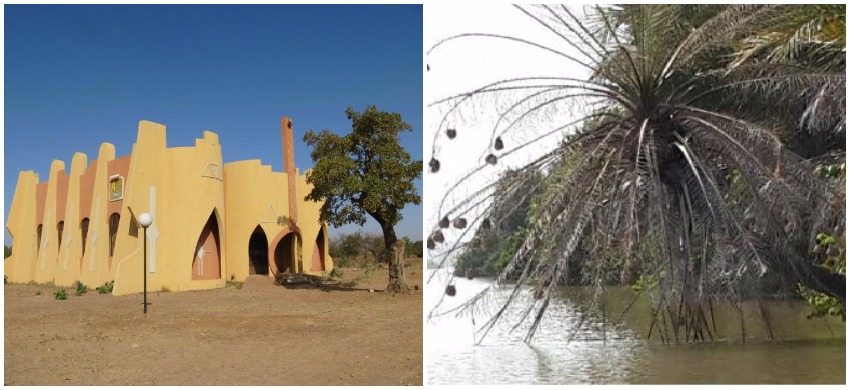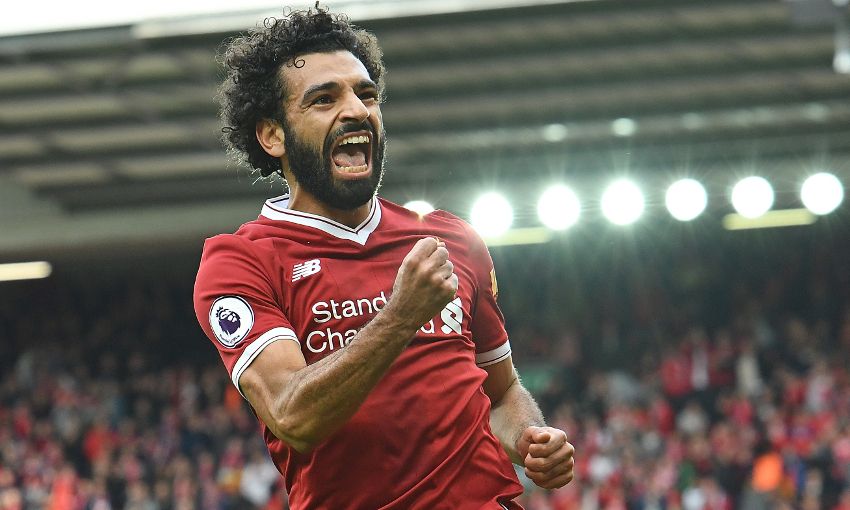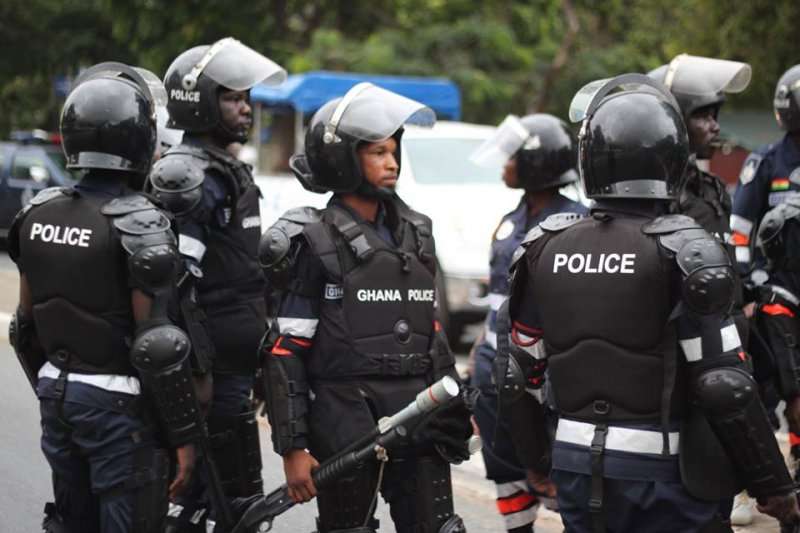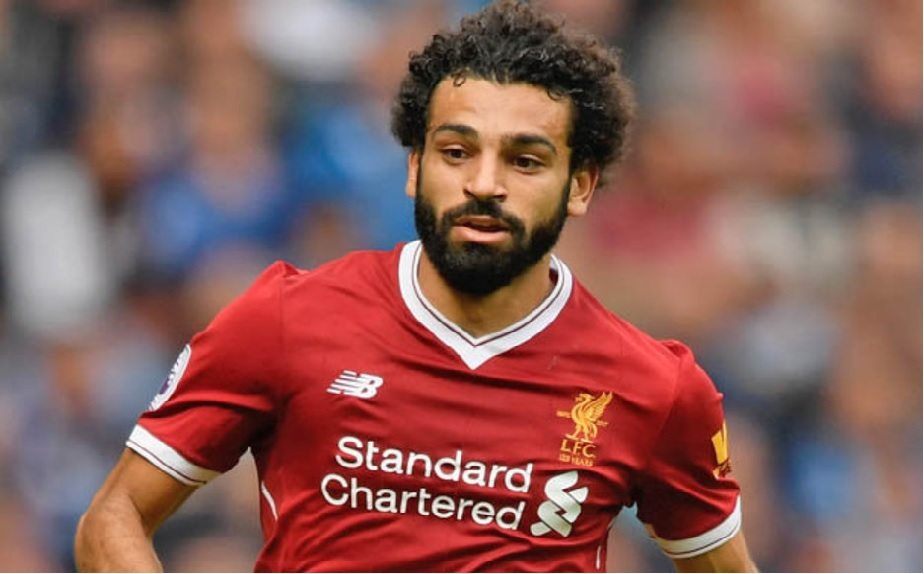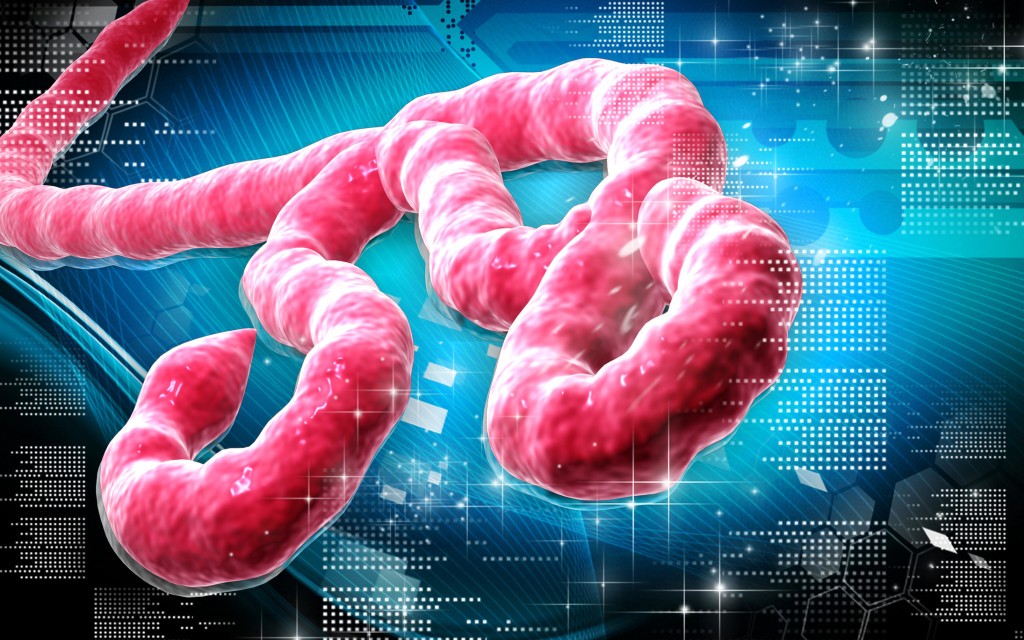
Ebola is a disease caused by any of the four species of Ebola viruses namely the Zaire Ebola-virus, Reston Ebola-virus, Sudan Ebola-virus and the Cote d Ivoire Ebola-virus. The disease manifests itself in a number of ways. During the first initial stages of the disease, it manifests itself in conditions such as influenza, malaise, fever, joint and muscle pains, vomiting and diarrhea. Later stages of manifestation include hemorrhage and severing of the central nervous system leading to conditions such as confusion, depression, fatigue and sometimes even a coma. The disease has no specific direct treatment and is usually accompanied by high death rates. The disease usually occurs in outbreaks with most of them (almost all) restricted to Africa. The most recent outbreak has been the Guinea/West Africa outbreak in 2014. This article discusses everything you must know about Guinea/West Africa Ebola outbreak 2014.
Guinea – West Africa Ebola Outbreak
The first Ebola outbreak was registered in February 2014 in Guinea. This outbreak is caused by the most aggressive species of Ebola, the Zaire Ebola species, with no direct way of killing or destroying it.
According to the World Health Organization (WHO), the outbreak is still contained in Liberia and Guinea. It is also believed that in Sierra Leone, Ghana and Mali, cases have been reported but the WHO insists that none has been confirmed. Suspected Malian cases are still being investigated.
The number of cases in Guinea continues to grow with more than 150 suspected cases and more than 100 deaths yet only about 70 have been confirmed to be Ebola. 20 cases have occurred in the capital of Guinea, Conakry. More than 20 cases have been reported in Liberia with more than 10 deaths, 5 of these cases being confirmed to be Ebola. According to WHO, about 9 out of 10 patients its doctors are seeing are dying.
The three most affected countries, Guinea, Liberia and Sierra Leone have responded in a number of ways including activating their national emergency committees and performing needed assessments. ECOWAS disbursed $250,000 to help fight the outbreak. Other organizations including the European Commission (EC) and the United States Centers for disease control have also donated personnel and funds to aid in fighting the outbreak. Doctors Without Borders have also been at the forefront in the fight against the outbreak.
The WHO has admitted that this outbreak is one of the most challenging outbreaks that it has faced. This is as a result of a number of factors. First, it is the first Ebola outbreak in West Africa implying that most doctors have no experience with the virus. Second, unlike other outbreaks that have been limited to only a small area, this outbreak has spread to large areas. In addition, preventing further spread of the outbreak involves reaching to all those who have had contact with the patient, something that is proving to be very challenging. Health workers in a city in Guinea were attacked by locals who accused them of bringing the disease. However, the WHO is confident of bringing the situation under control within the next two to three months.
Health workers with the Medecins sans frontiers in Guinea initially had no maps to work within some cities. They, however, requested volunteers to map such areas and within 12 hours, more than 200 volunteers had mapped such cities. This allowed these health workers to operate from door to door.
Senegal, through its interior ministry, ordered all movement of people through its border with Guinea suspended.
The outbreak, in addition to the loss of lives, has had a great effect on the economy of the affected countries. Hotels in Guinea are recording reduced number of customers, with Brussels Airlines observing a reduced number of passengers arriving in Guinea but many people leaving the country. The WHO says it is not recommending travel restriction to the country most affected: Guinea.
Although many countries and international organizations have come to the aid of the affected countries, more is still needed. Guinea is one of the poorest countries in the world and cannot be able to fight the epidemic on its own. It is the hope of every Individual in the whole world that the situation will be brought under control as soon as possible and no more lives lost.
